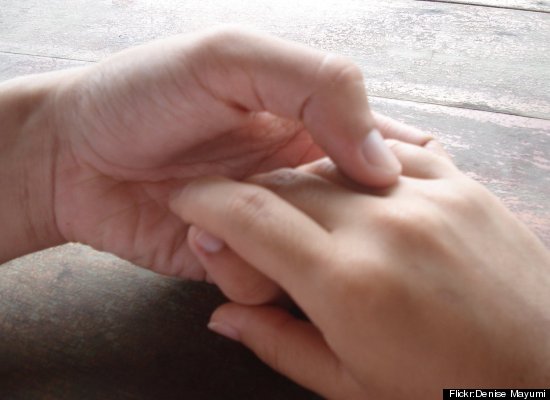By JOHN TSILIMPARIS
Over the many years of treating couples in my private practice, I have used six behavioral directives that help committed relationships last. These directives are of course only effective when both partners are honestly dedicated to the relationship and are willing to change and grow together.
Remember, all couples come to therapy with good intentions. They all desperately want to improve their relationships and make them last. But the only way that happens is when each partner agrees to change their behavior. No behavior change, no growth. No growth means the relationship will suffer over time.
Here are the six tips:
1. Both partners must commit to the practice of lowering their expectations of each other.
This means they must put aside wanting their partner to be perfect in all areas and begin the process of accepting their partner for everything they are and everything they aren't. This does not mean lowering your standards or settling for someone that you are not compatible with. It also does not mean compromising your personal values and beliefs about how you want to be treated or even how you want to be loved. It simply means having realistic expectations of each other that are reasonable and practical.

2. Each partner must begin to let go of the need to be "right."
The old saying still holds true, "Do you want to be right? Or do you want a relationship?" This means each partner must give up trying to control the other. Each partner must let go of trying to get the other to see things their way and accept that they are both verydifferent people. Both partners must celebrate their uniqueness and not make each other wrong for it.

3. Both partners must commit to the practice of acknowledging their own part or contribution to the problem.
Each partner must admit and hold themselves accountable to how they negatively contribute to the discord in the relationship, otherwise the relationship becomes one of blaming the other (he said/she said) and expecting the other one to change. Each partner will have to commit to working on changing his/her own behavior without focusing on the other. This means each partner is only responsible for cleaning his/her own side of the street.

4. Each partner must commit to the practice of monitoring their own personal "blind spots."
This means each partner must be willing to learn about the situations (blind spots) where they get so triggered by the other that they become irrational and unable to see reality at that moment. Conversely, when this process occurs, both partners can then compassionately acknowledge each other's "hot buttons" and know when to pull back and respect the other's boundary.

5. Each partner must commit to the practice of using assertive communication.
Each partner will have to change the way they communicate and learn to give up communicating aggressively, passively, or passive-aggressively. For example, each partner must agree to begin using assertive communication, which involves using non-judgmental, "I" statements as a new way of relating to one another. This helps partners begin to respond to each other instead of reacting to each other. Most couples don't know how to talk to each other without triggering an argument.

6. Each partner must commit to cultivating friends, activities and personal interests outside of the relationship.
Both partners need to explore personal interests, hobbies, friends, etc. that are separate from the relationship to prevent putting too much pressure on each other for fun and stimulation. Each partner must have, in a sense, a minor life outside of the relationship as well to make being together fun. Being together should not feel like an obligation.
Flickr photo by bradleygee
6 Tips for a Healthy, Committed Relationship
Marriage , Personal Health , Relationships , Committed Relationship ,Committed Relationships , Conscious Relationships , Coping Strategies , Counseling ,Slidepollajax , Healthy Living News
 12:08 PM
12:08 PM
 admin
admin



0 comments:
Post a Comment